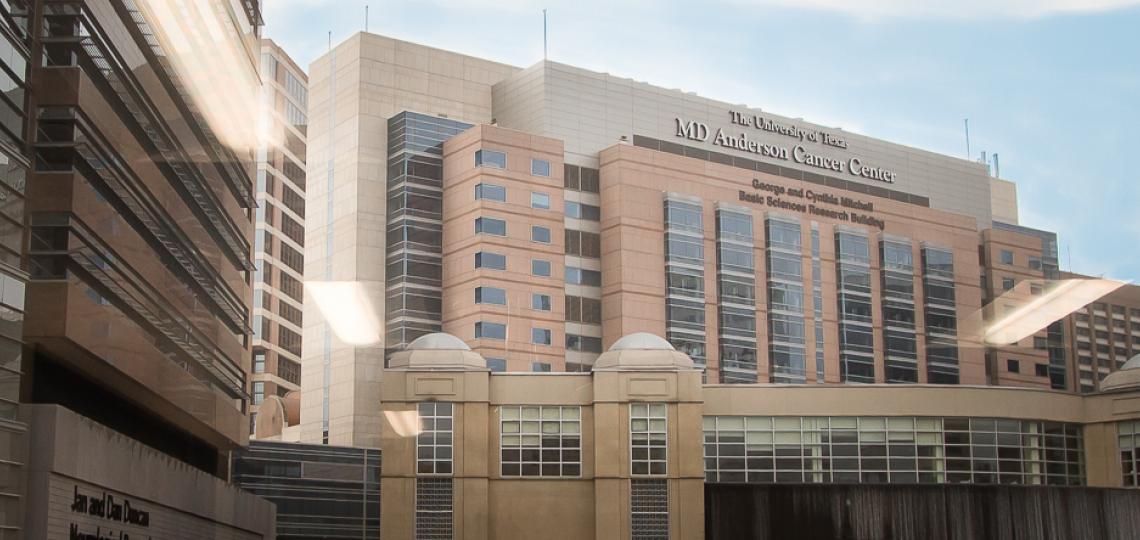
Baylor-MD Anderson Track
In 2015, Baylor College of Medicine and MD Anderson Cancer Center partnered to create an internal medicine track with a special focus on providing comprehensive care for cancer patients and survivors. We currently offer five PGY1 positions each year.
To apply for this track, please choose the Baylor-MD Anderson program in your ERAS application (NRMP #1716140C2).
Highlights of the program include:
- Spending 1/3 of training time at MD Anderson
- Experiencing unique onco-medicine subspecialties: benign hematology, cardiology, dermatology, emergency medicine, endocrine neoplasia/hormonal disorders, GI/hepatology, general IM, infectious diseases, nephrology, palliative care, pulmonary, rheumatology
- Rotating in diverse outpatient clinics: cancer survivorship, preoperative medicine, suspicion of cancer, cardiology, gastroenterology, rheumatology, dermatology, endocrinology, nephrology, and palliative care
- Receiving mentorship from world-renowned faculty at MD Anderson Cancer Center
- Capitalizing on opportunities for clinical research in cancer medicine
Focus on Education
In addition to the high quality clinical training at MD Anderson, the program offers additional conferences dedicated to resident education.
- Morning Report (4x/week)
- Subspecialty focused conferences
- Internal Medicine Grand Rounds
Increasing Need for Physicians Caring for Cancer Patients
he aging population is expected to lead to an increased number of cancer patients; meanwhile, the remarkable advances in cancer care will also lead to an increased number of cancer survivors. These patients require comprehensive management of their co-morbidities and the complications of their cancer and cancer treatment. MD Anderson Cancer Center remains a pioneer in the growing field of oncology hospitalists, also termed "onco-hospitalists." Their growing role in patient care was recently highlighted in a publication by the Society of Hospital Medicine. Two prominent hospitalists, Josiah Halm, M.D. and Sahitya Gadiraju, M.D., were interviewed for a podcast.
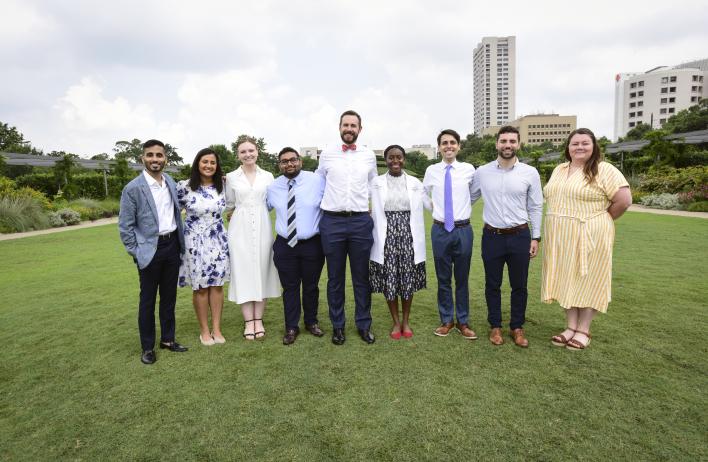

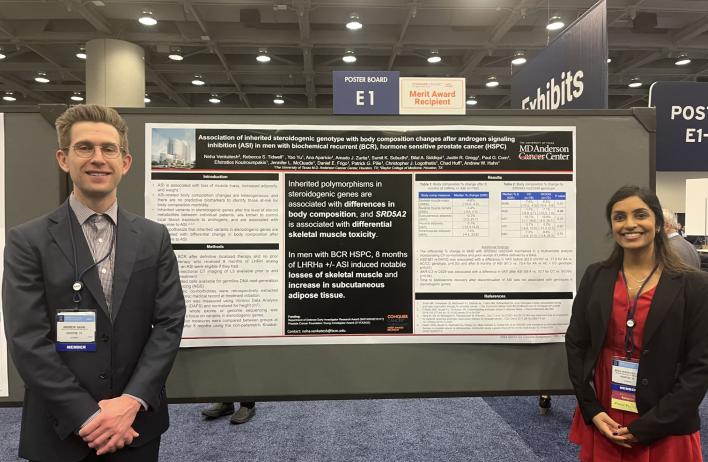
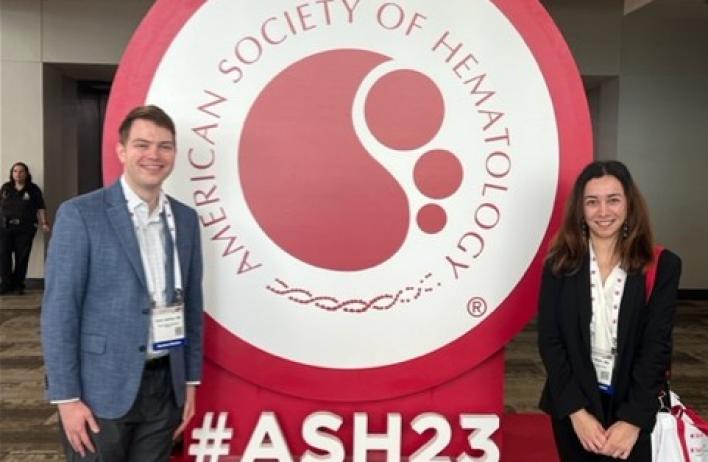
MD Anderson Cancer Center Leadership

Division Head, Internal Medicine
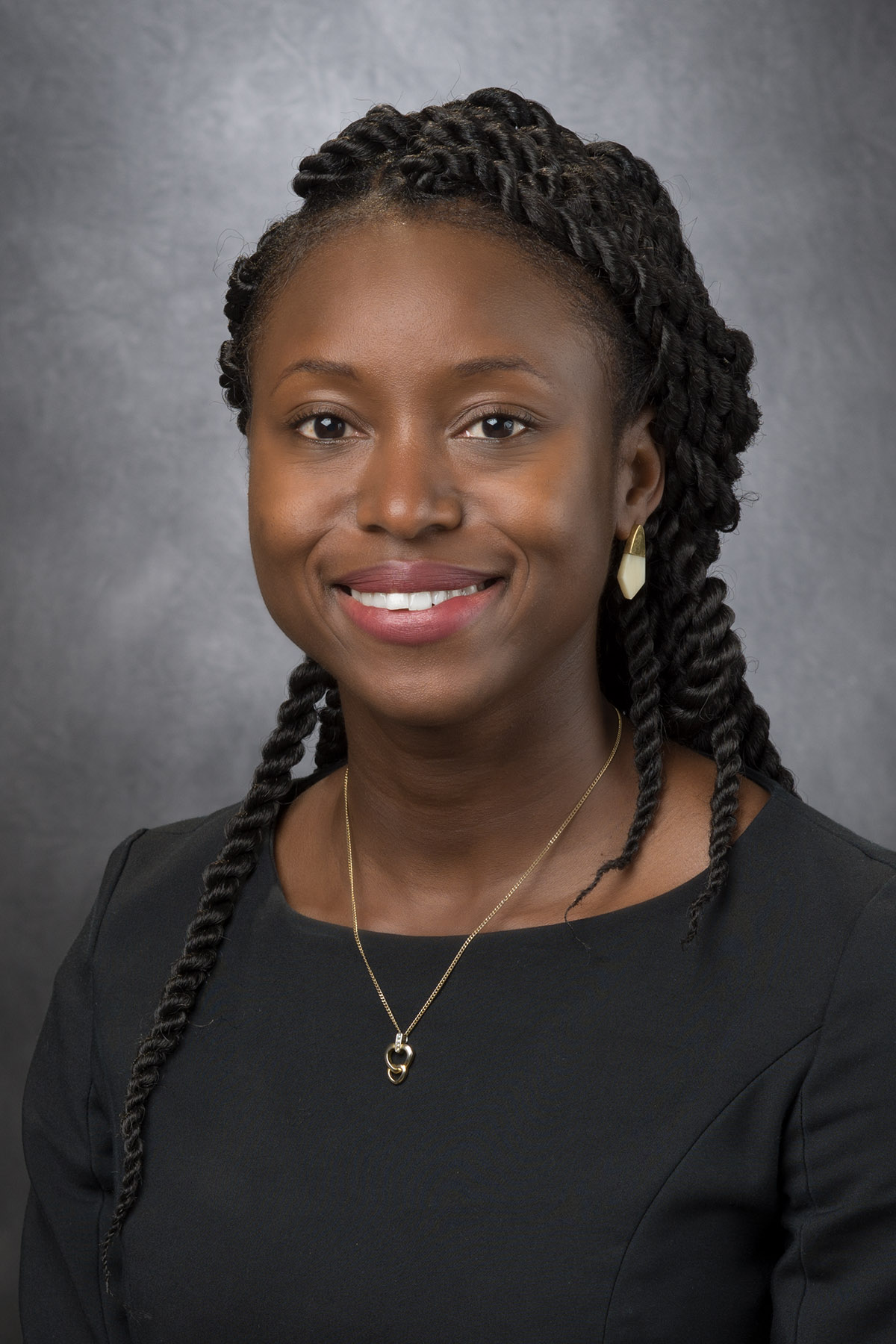
Baylor-MD Anderson Cancer Center Residency Program Site Director

Deputy Division Head, General Internal Medicine

Leader of MDACC Track Quality Improvement Education








